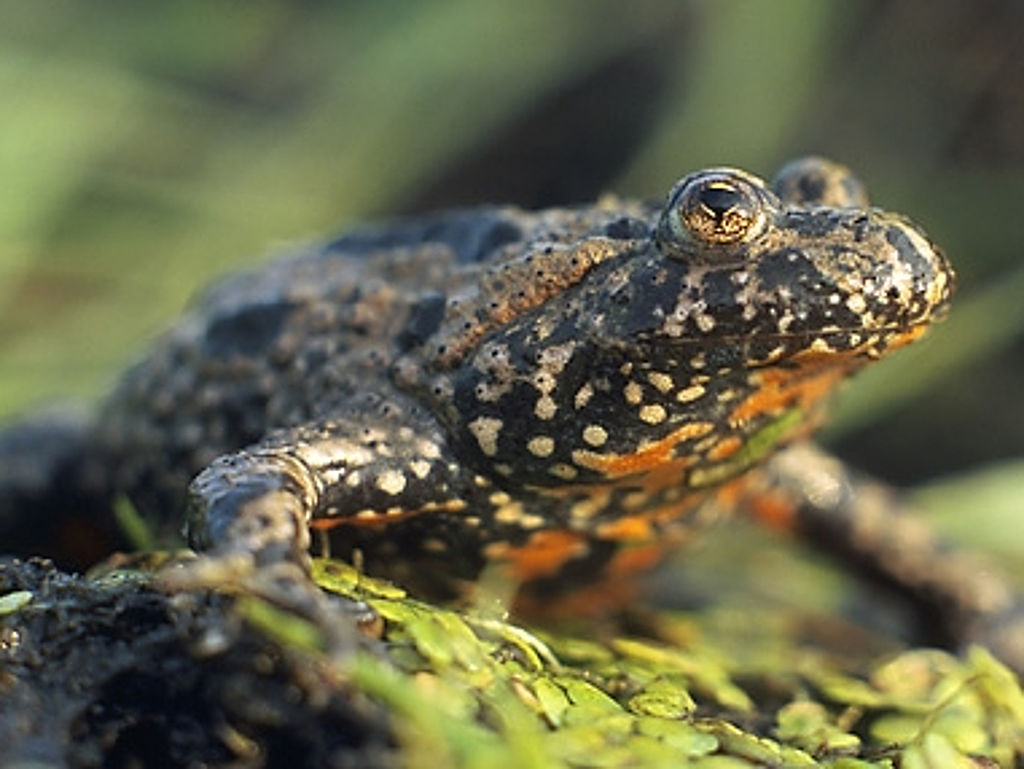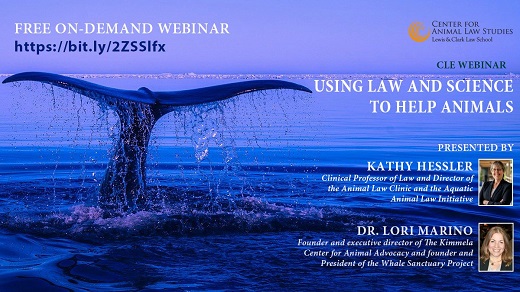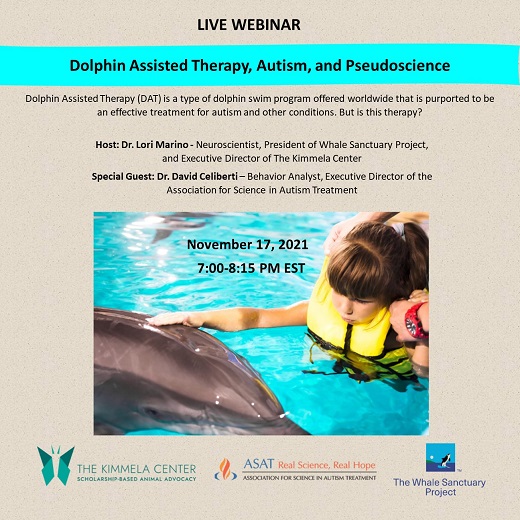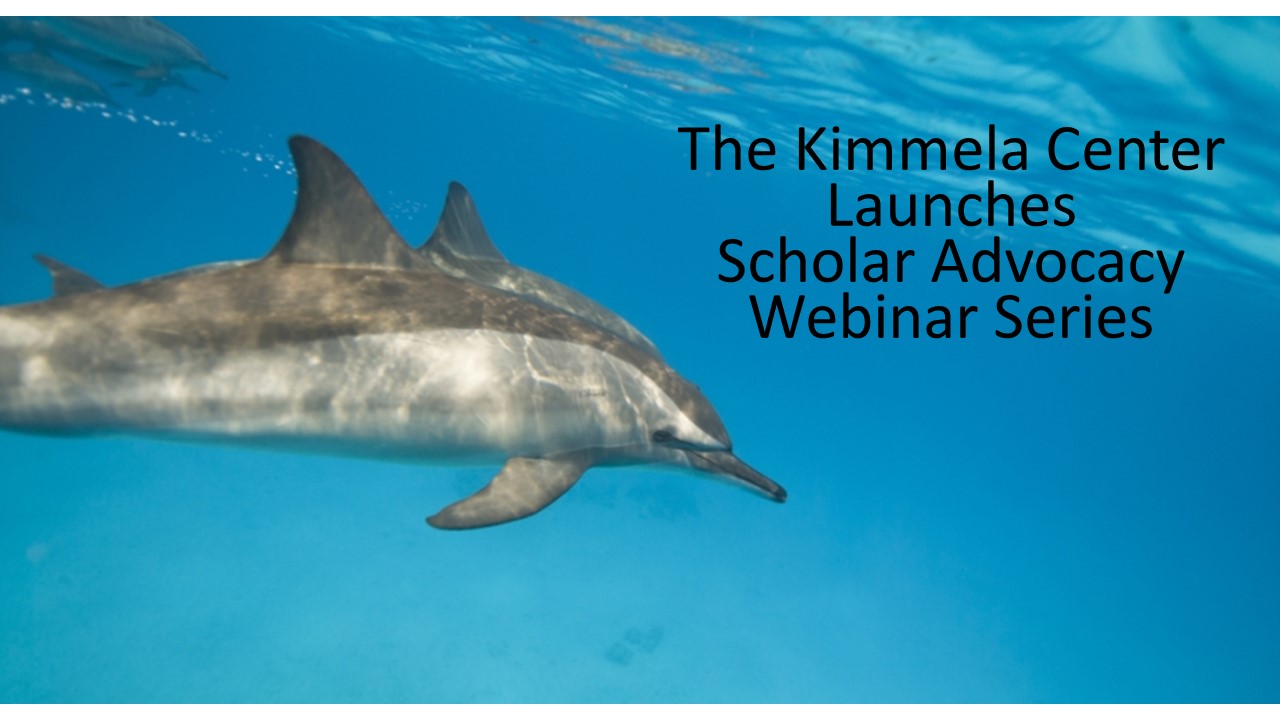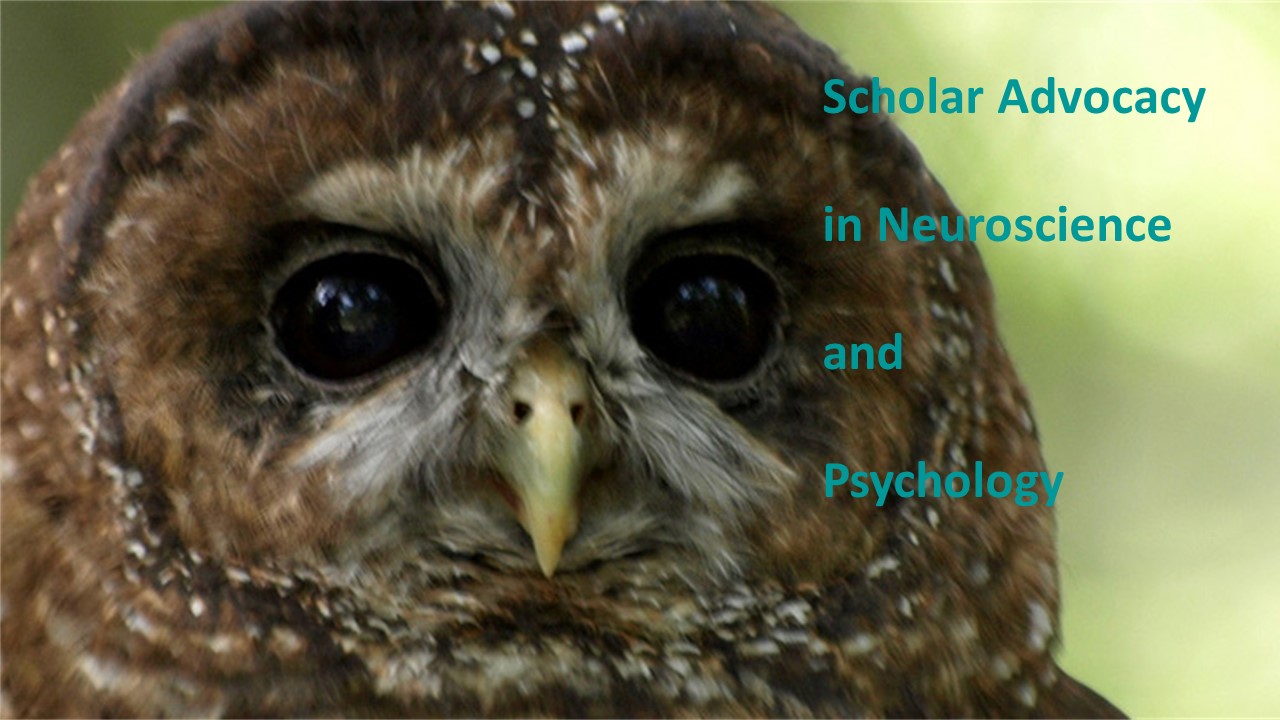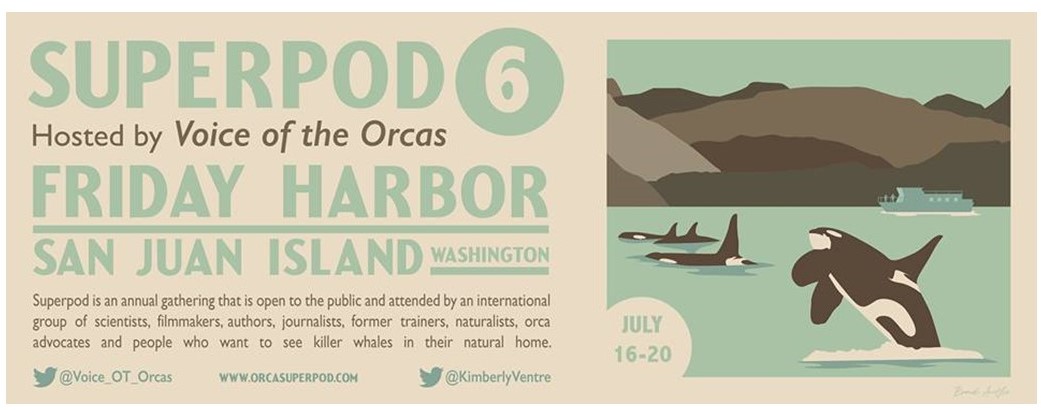On July 18th, a group of nine young scholar-advocates will take the stage at the San Juan Island Community Theater at Superpod 6 as part of the Second Biennial Scholar-Advocacy session.
Superpod 6 is a gathering of marine mammal experts, advocates and policy makers who convene on San Juan Island for several days to share their knowledge and ideas. This year scholar-advocates as young as 10 years old will showcase the way they’ve been using their education, talents and energy to advocate for marine mammals and the oceans.
There will also be a panel discussion about professional issues among the young scholar-advocates and Drs. Naomi Rose, Ingrid Visser, and Lori Marino.
Scholar-Advocacy Superpod 6 Schedule, Abstracts and Bios
Wednesday, July 18th, Community Theater, Friday Harbor, San Juan Island, WA
| 10:45-11:00 |
Mariah Kirby |
Until Toki is Home: Miami Seaquarium, STL |
| 11:00-11:15 |
Andrew Robinson |
The Case Against Captivity: Orcinus orca |
| 11:15-11:30 |
London Fletcher |
Walking in the Footsteps of Giants |
| 11:30-11:45 |
Jenny Katic |
Marine Mammal Inventory Report: Preliminary Research on Bottlenose Dolphins |
| 11:45-12:00 |
Jessie Hawk |
Call of The Wild: The Importance of Shifting Public Opinion |
3:45-4:15 Heirs 2 Our Oceans Our Water Planet, Our Cetaceans and Us
Presenters: Abi Subramanian, Arjun Subramanian, Charley Peebler, Aislinn Clark
Introduction (Abi S.)
Ocean Story (Charley P.)
Orca Intelligence (Abi S.)
Forage Fish and Cetacean Sustenance (Arjun S.)
Entanglement Issues and Cetaceans (Charley P.)
Does the MMPA Adequately Protect Marine Mammals? (Aislinn C.)
Mission (Arjun S.)
Movement (Aislinn C. and Charley P.)
H2OO Global Movement (video)
Wrap-up/Call to Action (all Heirs)
4:15-4:45 Scholar-Advocacy Panel Discussion (with all scholar-advocate speakers and Drs. Naomi Rose, Ingrid Visser and Lori Marino)
In this panel discussion, to get the conversation started the scholar-advocates will ask a specific question of Drs. Marino, Rose and Visser. Topics could range from professional development to education to advocacy to gender/orientation issues to animal welfare vs. rights and pretty much anything the scholar-advocates are interested in. We hope this exchange will be one that provides an opportunity for other young scholar-advocates to develop their talents and interests in the area of animal advocacy.
Abstracts and Bios
Until Toki is Home: Miami Seaquarium, STL Rally and Blackfish – the Children’s Book Mariah Kirby
Abstract: Mariah will be presenting parts of her YouTube video entitled “A day at Miami Seaquarium.. Toothless dolphins?!” in which she documented Lolita and other marine mammals at the aquarium. She will also present the turnout of Missouri’s first anti-captivity rally, which she organized and hosted at the St. Louis Arch that focused on Lolita, and finally will be discussing her self-published children’s book, Blackfish: From Planet to Park.
Bio: Mariah is a 5th year Biology Education student at the University of Missouri, St. Louis (UMSL). She will be a high school biology teacher with hopes of researching whales and dolphins in the wild during her summers off. At Superpod 5, Mariah shared her experience of how she got involved in the issue of captivity and became friends with the members of the Blackfish documentary. This year at Superpod 6, she is going to share her experience in going to visit Lolita (Tokitae) at Miami Seaquarium, hosting the first anti-captivity rally in Missouri called “Until Lolita is Home” which was one of fifteen rallies across the world, and why she wrote Blackfish: From Planet to Park, which is a children’s book based on the documentary.
The Case Against Captivity: Orcinus orca
Andrew N. Robinson
Abstract: Andrew will present a classical discourse or argument that Seaworld should release the killer whales in their parks to a seaside sanctuary. His speech will include a statement of facts, division, proof, and refutation. His three points of proof are: the environment at Seaworld is harmful to the health of a killer whale, the environment at Seaworld causes the whales to be hyper aggressive, and the environment at Seaworld ultimately leads to the premature deaths of the whales. I have a video recording of my thesis presentation that I would be happy to share if it would be helpful.
Bio: Hi! My name is Andrew Robinson. I am a recent high school graduate from Westminster Academy, a small classical school in Memphis, TN. I love Killer whales with all my heart and I will be attending Mississippi College in the fall to study nursing. I am here to deliver my senior thesis from my high school rhetoric class. At my high school we had to deliver a senior thesis in the form of a persuasive speech. I chose to advocate for the orcas in captivity at SeaWorld. I have a passion for these animals. I feel an incredible amount of compassion and hurt for these whales. So much so that when researching the horrors of captivity I would break down into tears. I am here not only to advocate for the orcas in captivity, but also to show that everyone has the ability to take action and make a difference. And if we come together, we can end this inhumane situation.
Walking in the Footsteps of Giants
London Fletcher
The Blue Advocates Group / Orca Research Trust NZ / Damsense.org
Abstract: London will be showing a video which gives a very brief update on her advocacy work since the last Superpod meeting, her fight to save the Southern Resident Killer Whales, and her internship with the Orca Research Trust. She will also discuss how her work with leopard seals in New Zealand inspired her to conduct her own research on the local harbor seal population in Whatcom County, Washington.
Bio: London is a 10-year-old from Washington State who has a deep regard for the ocean and marine mammals. She is probably the youngest person ever to earn an internship in cetology, which she completed with Dr. Ingrid Visser at the Orca Research Trust in New Zealand during the North American summer of 2017. London is also the youngest member of the Society of Marine Mammalogy. London advocates on behalf of chinook salmon and the critically endangered Southern Resident Killer Whales, educating the public on the plight of Southern Residents and the need to breach the lower four Snake River dams to restore wild salmon runs on the Columbia and Snake rivers.
Marine Mammal Inventory Report: A Preliminary Research on Bottlenose Dolphins
Jenny Katic
Abstract: The National Oceanic and Atmospheric Administration (NOAA) maintains the Marine Mammal Inventory Report (MMIR) and updates it when it receives notifications of any acquisition, disposition, and transfers/transports from a facility. Due to the complicated design of the Marine Mammal Protection Act, this inventory report is limited to cetaceans and pinnipeds (excluding walruses) only. There are currently 6,868 individuals listed on the MMIR as of February 5, 2018; this includes live and deceased animals. There are a total of 43 different cetacean and pinniped species accounted for in public facilities. Of those listed, California sea lions and bottlenose dolphins make up the majority (69%) with 2,946 (43%) and 1,810 (26%) individuals, respectively. The focus of this exploratory study was to determine if the MMIR could be used as a reliable source for evaluating the welfare of individuals and the quality of public display industries. This preliminary research focused on one species, bottlenose dolphin. It was determined that the MMIR could, in principle, be used for statistical analyses but it requires accuracy and due diligence from the public display industry, NOAA, and the Animal and Plant Health Inspection Services. The data, even though a federally mandated document, are often inaccurate and are missing key elements for all species listed. A full review of submitted documents is needed to clarify and correct data. Further analyses on the other 42 species listed, as well as, comparisons between species is needed.
Bio: Jenny Katic is a first year graduate student at Valdosta State University in Valdosta, Georgia pursuing her Doctor of Public Administration degree with a concentration in Environmental Policy. She previously completed her Bachelor of Arts with a major in History and minor in Sociology and Masters of Public Administration at Augusta University in Augusta, Georgia. She currently works at the Medical College of Georgia at Augusta University as the Administrative Assistant for the Senior Associate Dean for Undergraduate Medical Education.
Call of the Wild: The Importance of Shifting Public Opinion
Jessie Hawk
Abstract: Jessie will be discussing the results of her survey of 50 respondents on the most effective way to change the general public’s opinion of keeping orcas in marine parks. She will present her results showing that news reports and documentaries had the largest impact (even above social media and family/friends) and discuss ways these results can be used to develop forms of media that would not only sway opinion away from supporting oceanariums and aquariums but also towards alternatives, such as seaside sanctuaries.
Bio: Jessie Hawk is a recent graduate of the University of Colorado Denver. She received a degree in Creative Writing as well as two minors: one in philosophy and one in women’s and gender studies. She is currently working on a short story collection that she hopes to eventually get published. This fall, she will be attending the University of Tampa to pursue a Post-Bac degree in Marine Biology. She hopes to get a master’s degree in marine mammalogy from the University of Miami and wants to pursue a doctoral degree afterward towards a career working with marine mammals and conservation.
Our Water Planet, Our Cetaceans and Us
thangam@heirstoouroceans.com
Heirs To Our Oceans (H2OO) is a San Francisco Bay Area youth-led organization that began in May 2016 with 10-16 year olds whose primary mission is to educate youth about the crisis facing our oceans and waterways and empower them to take action in being a part of the solutions. H2OO started a global movement and has attracted youth from as far away as the Micronesian island of Palau. A critical focus of H2OO is the education of youth beginning in the middle school years, redefining the age group of “youth”, leading to their and others’ empowerment to their informed choices. H2OO is founded on the belief that informed and empowered youth are crucial to solving the crises our oceans and waterways face.
Abstract:
The Heirs hope to use the platform at Superpod 6 to share the learnings and experiences from their journey of the past 2 years and their plans to continue this work to empower youth of all backgrounds around the world. They also look forward to sharing their youth perspective with the current generation of decision makers.
Bios:
Abi Subramanian studies the crucial role that cetaceans play as top predators in the marine ecosystem. This has led Abi to learn about the evolution of cetaceans through a naturalist course with the American Cetacean Society, understand the impact of pollution in the lives of these animals, raise awareness about cetaceans on the brink of extinction such as the Vaquita and also understand and communicate the role that these creatures play in combating climate change. Abi is also concerned about cetacean captivity, including the carnage at Taiji, and she actively protested the opening of a dolphin exhibit in the desert in Arizona. Abi is currently talking to the International Marine Mammal Project as they explore ways to stop opening the new dolphin facility in Mississippi.
Charley Peebler studies the impact of derelict fishing gear problems. Charley has learned from expert Level 4 whale disentanglers Justin Viezbicke and Pieter Folkens. She has also attended workshops about entanglement problems including at the Public Interest Environmental Law Conference in Eugene, OR, and at the 6th Int’l Marine Debris Conference in San Diego, CA. Additionally, Charley studies coral, including deep sea habitat, and advocates for their protection to ensure healthy marine ecosystems for future generations.
Aislinn Clark is focusing her research and advocacy on ocean policy and legislation with a specific interest in marine protected areas, marine mammal protection and marine pollution. Aislinn’s interest is in strengthening the Marine Mammal Protection Act and banning off-shore drilling to better protect cetaceans.
Arjun Subramanian is currently studying the issues faced by the pelagic fish due to overfishing and climate change challenges. In particular he is looking at the issues faced by the anchovy fish off the Pacific coast which provide sustenance to the marine mammals and birds of the Pacific coast and recently testified at the Pacific Fisheries Management Commission (PFMC) meeting regarding fishing limits for anchovies. Additionally, Arjun has spent the last year studying the problem of plastic pollution and the current alternatives that exist in combating this worldwide problem.

